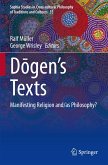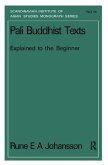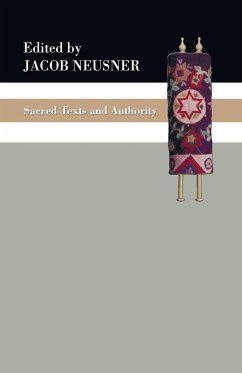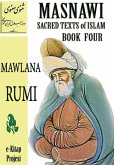This book addresses the question of how to properly handle D gen's texts, a core issue that became critical during the Meiji period in which the philosophical appropriation of D gen became apparent inside and outside of the monastery.
In present day D gen studies, most scholarship is informed by a number of factions representing D gen. The chapters herein address: the Zennist (j. zenj ka) emphasising practice, the Genz nians (j. genz ka) shifting the attention to the close reading of D gen's texts, the laity movement opening up both the texts and the practice to people in modern society, and the Genz researchers (j. genz kenkyuka) searching for the authenticity and truth of D gen's writings.
The book aims to clarify the rightful place of D gen: in the monastery, in denominational studies, or in modern academic philosophy? It brings forth various viewpoints on D gen, and analyzes the relations of these viewpoints from the premodern to modern times. The collected volume appeals to students and researchers in the field while establishing hermeneutic standards of reading and proposing new, original, and critical interpretations of D gen's texts.
Chapter From Uji to Being-time (and Back): Translating D gen into Philosophy is available open access under a Creative Commons Attribution 4.0 International License via link.springer.com.
In present day D gen studies, most scholarship is informed by a number of factions representing D gen. The chapters herein address: the Zennist (j. zenj ka) emphasising practice, the Genz nians (j. genz ka) shifting the attention to the close reading of D gen's texts, the laity movement opening up both the texts and the practice to people in modern society, and the Genz researchers (j. genz kenkyuka) searching for the authenticity and truth of D gen's writings.
The book aims to clarify the rightful place of D gen: in the monastery, in denominational studies, or in modern academic philosophy? It brings forth various viewpoints on D gen, and analyzes the relations of these viewpoints from the premodern to modern times. The collected volume appeals to students and researchers in the field while establishing hermeneutic standards of reading and proposing new, original, and critical interpretations of D gen's texts.
Chapter From Uji to Being-time (and Back): Translating D gen into Philosophy is available open access under a Creative Commons Attribution 4.0 International License via link.springer.com.









